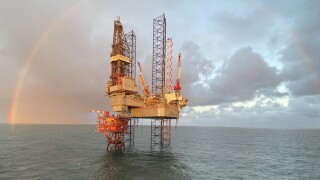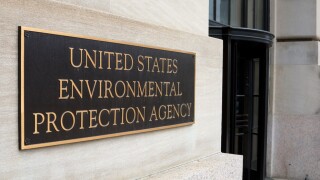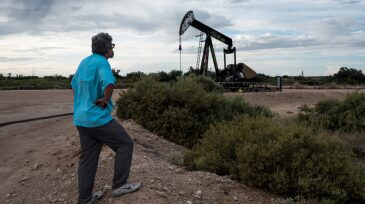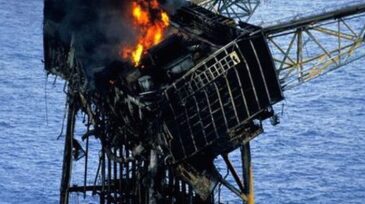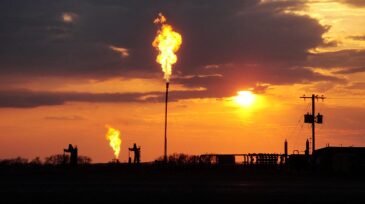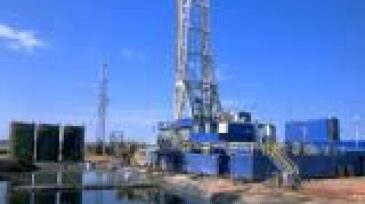HSE & Sustainability
DNV awarded the Abu Dhabi National Oil Company a storage certificate at the endorsement stage for its West Aquifer site.
Four former gas-producing wells have been converted into injection wells and are now preparing to receive carbon dioxide for storage.
The US Environmental Protection Agency withdraws its legal basis for federal vehicle GHG standards, setting up potential court challenges.
-
The small rainforest country nestled between Venezuela and Suriname has recently struck oil—a lot of it. With this newfound vast potential comes concern about developing the resources sustainably and with proper consideration for the country’s people and environment.
-
By refusing development consent of a coal mine on the basis of likely contribution to climate change and adverse social impacts, the New South Wales Land and Environment Court has drawn attention to the increasing importance of human rights considerations in assessing the impact of major projects.
-
Carlsbad, New Mexico, residents are experiencing health effects, but the science behind their woes lags behind the pace of drilling.
-
Some environmentalists and community activists have demanded the commission stop issuing permits until the new rules are complete.
-
Aberdeen’s Opex Group and an industrial behavioral psychologist are designing a tool that will combine data from diagnostic surveys with historical data on oil and gas accidents and spills.
-
Natural-gas production in the United States has increased 46% since 2006, but there has been no significant increase of total US methane emissions and only a modest increase from oil and gas activity, according to a new NOAA study.
-
Buildings that are manned or house critical equipment ideally will be a safe distance from potential explosions. Maintaining the required stand-off distance, however, is not always possible. This paper discusses challenges and best practices for blast protection of plant buildings.
-
Range Resources announced the release of its Corporate Sustainability Report, highlighting the company’s efforts and commitments to responsibly develop natural gas.
-
Up to 1,000 gallons of oil per day are being removed from the site of the Taylor Energy spill, says the owner of the company that installed a containment system.
-
The report details information obtained during the EPA’s outreach to stakeholders. The information in the report will help the EPA determine whether any future actions are appropriate to address oil and gas extraction waste water further.


